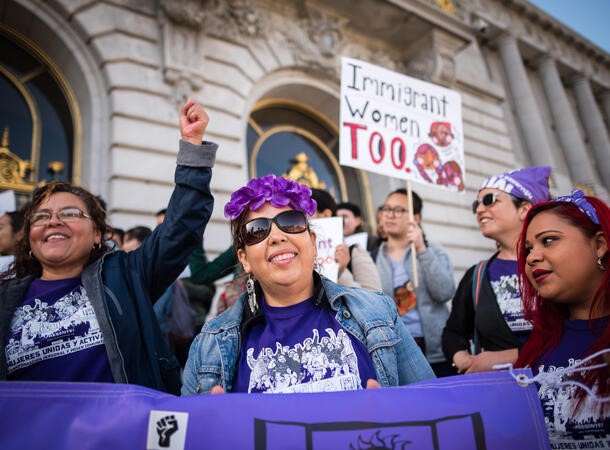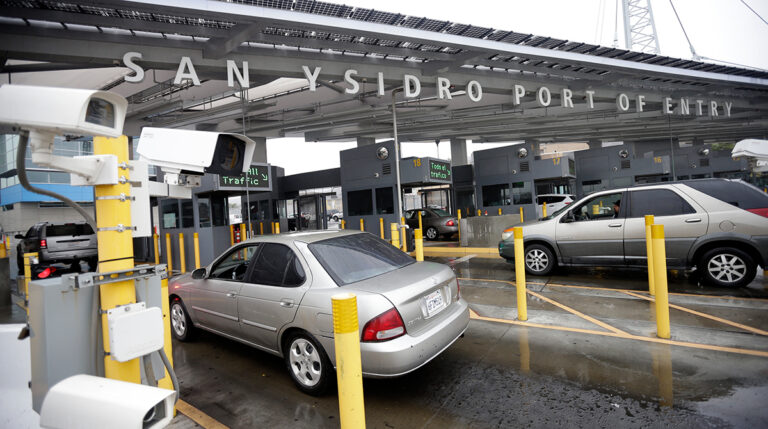All content tagged with: Refugees
Filter
Post List

Legacy of Matter of A-B-: Reflecting on the Hardships Women and Other Individuals of Color Have Faced
By: Kathy Jara, Associate Editor, Vol. 27 (Celebrating Overturning Matter of A-B-, in Winning Back Protections for Refugee Survivors: Celebrating the End of Matter of A-B-, in Center for Gender and Refugee Studies (June 4, 2021),https://cgrs.uchastings.edu/news/winning-back-protections-refugee-survivors-celebrating-end-matter-b.) There are many arbitrary areas of immigration law that showcase deep-seated racist and…
A.G. Further Restricts Asylum Seekers: Family-Based Asylum Claims Now Reserved for “Families of Societal Import”
By Edith Lerner Associate Editor, Vol. 25 Attorney General William Barr About one year ago, our editor Samantha Kulhanek wrote a blog post called How Jeff Sessions is Quietly Transforming Immigration Law to Promote His Anti-Immigrant Agenda. In it, she describes a growing trend during Session’s tenure…
It Is Not Illegal to Seek Asylum: An Analysis of the New Migrant Protection Protocols
By Sam Kulhanek Associate Editor, Vol. 24 In line with the Trump Administration’s recent efforts to restrict the right to seek asylum, the Department of Homeland Security (“DHS”) appears to be keeping its December promise to return certain asylum seekers to Mexico during the pendency of their immigration proceedings. Labeled as the “Migrant Protection Protocols,” these new guidelines represent a dramatic departure from current policy, which permits asylum seekers to remain in the U.S. while their claims are adjudicated.[1] Promulgated under the premise that there is a “security and humanitarian crisis on the Southern border,” these new Protocols jeopardize the rights of migrants to seek asylum and safety in the U.S. and raise questions about U.S. compliance with domestic and international law.[2]Dislocated and Deprived: A Normative Evaluation of Southeast Asian Criminal Responsibility and the Implications of Societal Fault
This Note argues that certain Southeast Asian defendants should be able to use their families' refugee experience as well as their own economic and social marginalization in the U.S. as a partial excuse for their criminal acts. This argument draws its strength from both the socioeconomic deprivation of much of the Southeast Asian community and the linking of this reality to a careful analysis of the moral foundations of the criminal law. In essence, the American criminal justice system, which draws much of its moral force to punish from the theory of retributivism, cannot morally justify the full punishment of a large portion of the Southeast Asian community. It is precluded from doing so by American society's contribution, in one form or another, to many of these defendants' criminal conduct.


